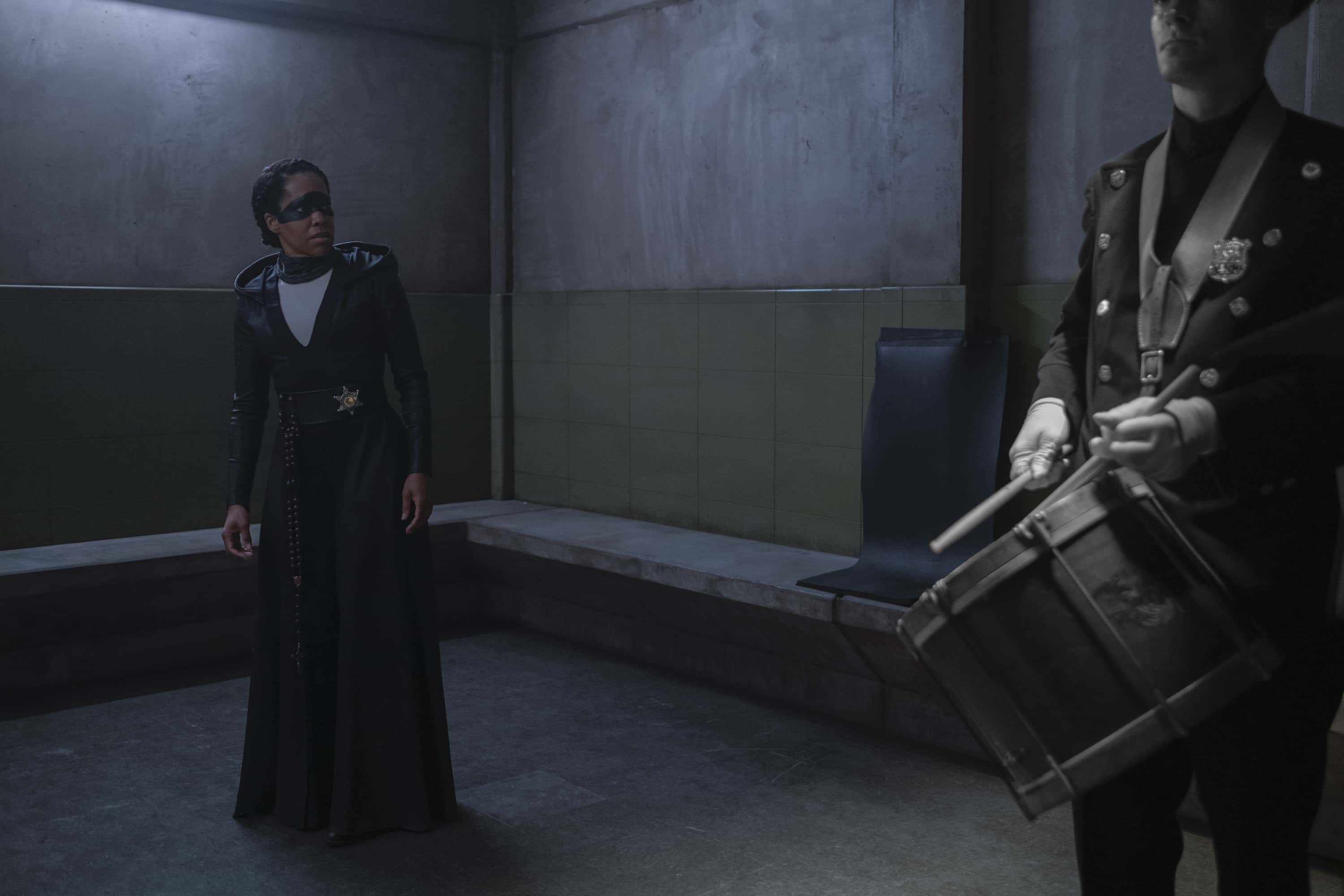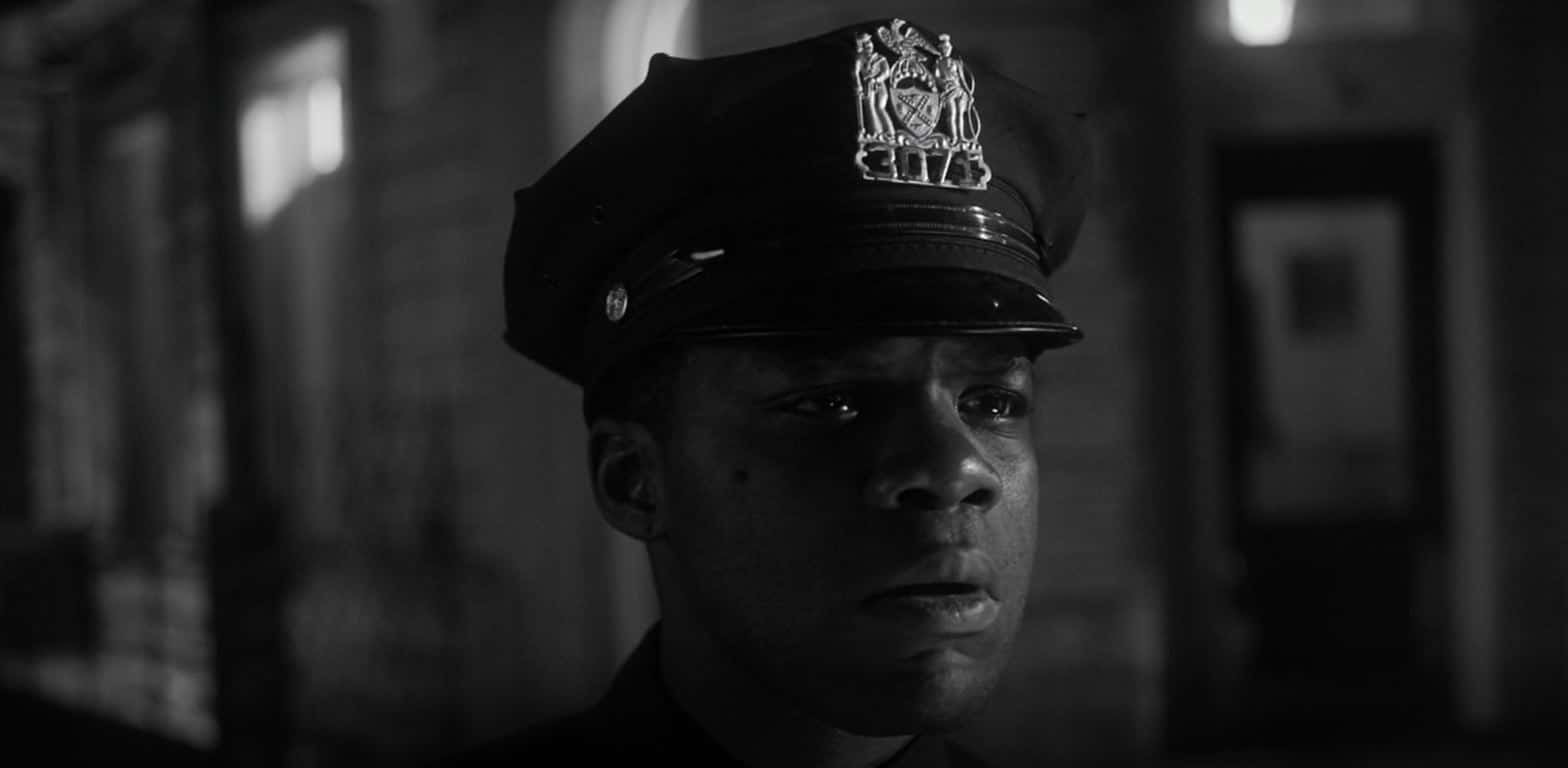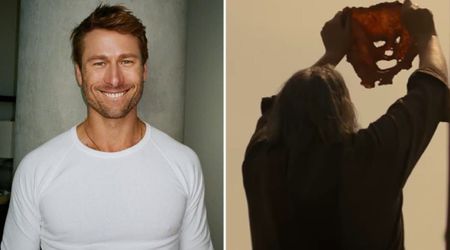'Watchmen' Episode 6 is completely meta as it weaves in the past and present to portray Hooded Justice's life

"Nothing is More Unfair than to Judge the Men of the Past by the Ideas of the Present" - Anonymous
Spoilers ahead for 'Watchmen' episode 6
'Watchmen' episode 6 uses Will Reeves' (Louis Gossett Jr) memories to show us how his trials and tribulations as a black cop at a time when hate crimes were rampant, influenced the birth of a masked adventurer. Yes, Reeves is Hooded Justice and he hid his skin color to play a superhero. There were easter eggs in the previous episodes that hinted at this, so while the reveal itself was not surprising, Reeves' motivations presented through a kaleidoscope of his memories stored in the form of a drug called Nostalgia helps us connect the dots regarding Reeves' motivations.
The episode's introduction scene, which is a part of the documentary titled 'American Hero Story' in the show's present shows Hooded Justice in custody. He is asked to reveal his identity and is convinced that his identity will not be revealed to the masses. When the hood comes off, we see a white man and shows how mistaken people are about the Minutemen. There is a lot that we do not know and this episode educates us in a visually captivating manner. Angela Abar (Regina King) is only a vessel in this episode and each time we are pulled in and out of her head where she is reliving her grandfather -- Reeves' -- memory, there is something arresting about each of the memories that were chosen.

The episode itself is definitely meta. Meaning, not only are we watching Angela relive a time in the past, but Reeves, who is a part of the past that unravels is reliving his past as well. The connection is seamless. Tulsa is dealing with members of Seventh Kavalry -- a white supremacist group -- committing hate crimes, specifically targeting cops. Reeves, in the past, watches as hate crimes against the black population is being ignored. He survived the massacre in Tulsa in 1921, and the villains then were Ku Klux Klan, a cult that included many cops under the white robe. The boy grew up watching 'Trust in Law', a movie in which a black man -- Bass Reeves -- played The Black Marshal of Oklahoma and a hero. So when he chooses to become a part of the police force, the motivation is rather clear. He wants to fight crime.
While he is a cop, it becomes clear that even within the force black officers face race discrimination. His arrests are not taken seriously. So much so, when he brings in a white man for arson, the arrest is taken over by a white cop who lets off the criminal instead of charging him. There is a frustration that builds up within him that leads to disillusionment.
The consequence of a black cop bringing in a white man on charges of arson turns out to be the seed that gives birth to the idea of Hooded Justice. The noose, the hood; all of it means something to Reeves. Reeves is strung up to a tree by a few white cops who want to teach him a lesson. They do not want him interfering in a white man's business. Before he is strangled to death, he is let off. This noose becomes a symbol of how shackled Reeves felt as a cop, the number of black people who were strung up by white people in the past. The hood that the white men pulled over his head before stringing him up? He uses it to turn into a masked hero.
The first time Reeves became Hooded Justice, was not a well thought out move. It was right after he was terrorized by white cops and in a moment of anger and bitterness, he pulls the hood back over his head and stops a mugging. The victims who do not know that he is a black man hail him as a hero who saved their lives and Reeves sees this as his escape. The hood is not just a means to safeguard his identity but a way to ensure that his skin color doesn't influence the public's opinion about his actions. A black man has slim chances of being hailed as a hero or gaining the trust of white folks.
Reeves' wife June explains this to him as she helps him paint his face white. She tells him how, unlike the movie that Reeves grew up watching where white people stood by a black marshall, in real life he would have to belong to the majority to gain support and trust.

The episode in many ways portrays the connection between past and present for both Reeves and Angela. For instance, the woman playing the piano in the background that we see glimpses of is significant of the baggage that Reeves is carrying from his past. The woman is his mother who was killed in 1921 in Tulsa. When a few of the cops who let off the arsonist pass by him in their car, he sees two bodies strung to the backside being driven around. This is how Reeves' present and past are interlocked.
The scene of Reeves painting his face white panning into a shot of Angela's reflection in the mirror is a connection between the past and present for Sister Night. This shot is made for us to understand the parallels between the grandfather and his granddaughter as well as their situations. The reason why they chose to hide behind the mask and their reaction to hate crime especially. These shots are fleeting but profound and one of the main reasons why the episode has turned out to be as spectacular.
Reeves chose these particular memories because he wanted Angela to understand the man that he has become today. He wants her informed about the real enemy that she is fighting, not to be hoodwinked into believing the facade of Seventh Kavalry. Reeves does not seek support, but understanding and his memory of Chief Judd Crawford's death proves it.
The next episode of 'Watchmen' will be aired on HBO at 9 pm ET on Sunday.










